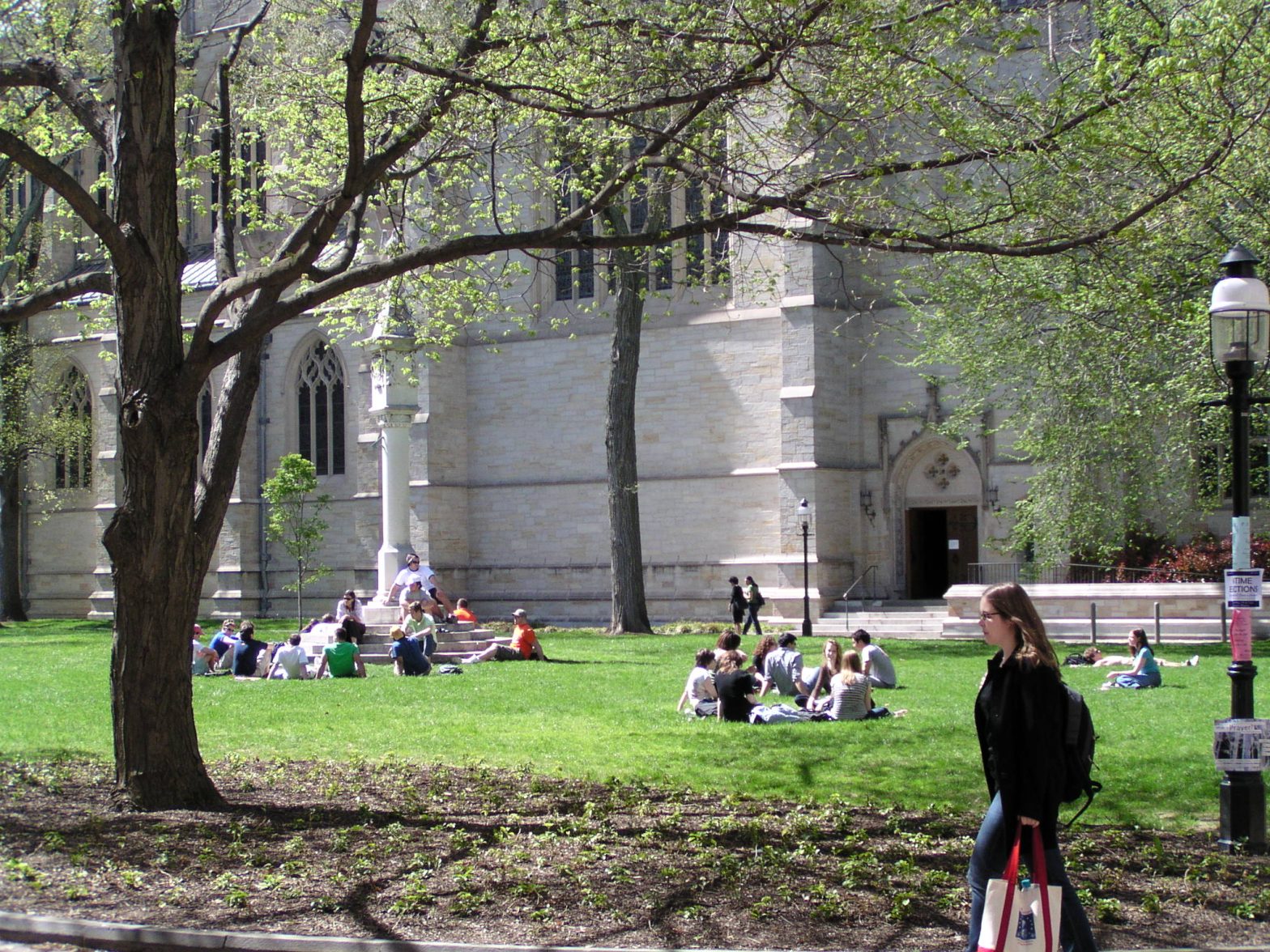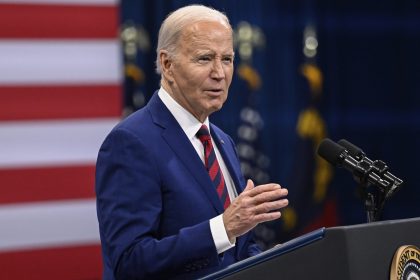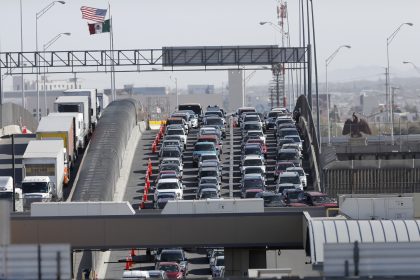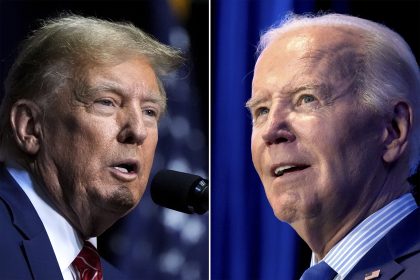How COVID Has Affected Public Opinion on Higher Education

WASHINGTON — Attitudes toward American colleges and universities may have started evolving before the pandemic set in, but COVID-19 truly upended the higher ed system in ways that are sure to have an impact for years to come.
Through a series of mid-pandemic public opinion research polls tracking students’ and voters’ perceptions of higher education concerns, the D.C.-based public policy organization Third Way identified specific shifting attitudes. The think tank held a panel discussion in consideration of what these changing outlooks may mean for the sector’s long-term sustainability.
“COVID made higher education’s value a top priority,” said Tamara Hiler, Third Way’s director of Education. Despite a shift in perception during the pandemic, she said voters still overwhelmingly see some value in a degree post-high school. “There’s a slight dip for various reasons, but 2/3 of voters across the board… are still saying the return on investment of a degree after high school is still ‘excellent’ or ‘good.’”
However, survey respondents were worried about higher education’s cost, a move to virtual courses, and diminished quality as a result of the shift to online learning. Additionally, they saw problems in the sector’s failure to address larger issues that could have lasting impacts, such as budget cuts and other financial concerns in a post-COVID economy.
Students are increasingly finding it hard to stay motivated and struggle to find resources to pay for their degrees. But despite free college becoming an increasingly talked about public policy idea, survey respondents said they were fine paying to go to college as long as higher education provided an appropriate return on investment and the degree they received led to an opportunity for a job that could pay back their loans.
“I wasn’t surprised [to learn from the survey] that the majority of community college drop-offs in enrollment had to do with financial concerns,” said Rachel Fishman, deputy director for research with the Education Policy program at New America. During the pandemic, there has been a 10% enrollment decline in public two-year colleges. Students cited the need to work to pay bills and general uncertainty due to the pandemic as reasons for pausing their enrollment or dropping out altogether. “COVID-19 [also] poses serious health and economic threats that distract would-be students from attending,” said Fishman.
While anxiety about finances is not a new phenomenon, COVID’s economic impact has stretched budgets to new levels in many households. And while borrowers may be aware of pandemic assistance for student loan repayment, Sarah Sattelmeyer, project director at The Pew Charitable Trusts, said they may also be confused about how this applies to them.
“Student loan borrowers find the repayment system difficult to navigate,” Sattelmeyer insisted. While she said the 2019 FUTURE Act had the potential to streamline this, most borrowers simply relied on the federal government’s pause in repayments — currently, payments are on hold through September 2021 — and plan to use deferment and forbearance as there remains a struggle to access longer-term repayment solutions.
Third Way’s recent surveys have shown that the pandemic changed college students’ opinions about the challenges they face, but Fishman said there are certain actions that colleges and universities could take to encourage students to stay in school or re-enroll. Among those are discounted tuition for courses not taken in-person, proof of job placement or of the ability to command a certain salary after graduation, and the availability of new programs and certificates tailored to the new economy.
Overall, cost and quality concerns reiterated that the most important future focus of higher education will be the value it provides to students, but this pandemic year has also provided some lessons learned about the necessity of options.
“Even though there’s a lot of groaning and moaning, students still want institutions to offer hybrid or online courses,” said Hiler. “Online education is not going away.” Students certainly don’t want online education if it is lower quality, but, if of equal quality, she said they still want the flexibility to choose it when desired.






















